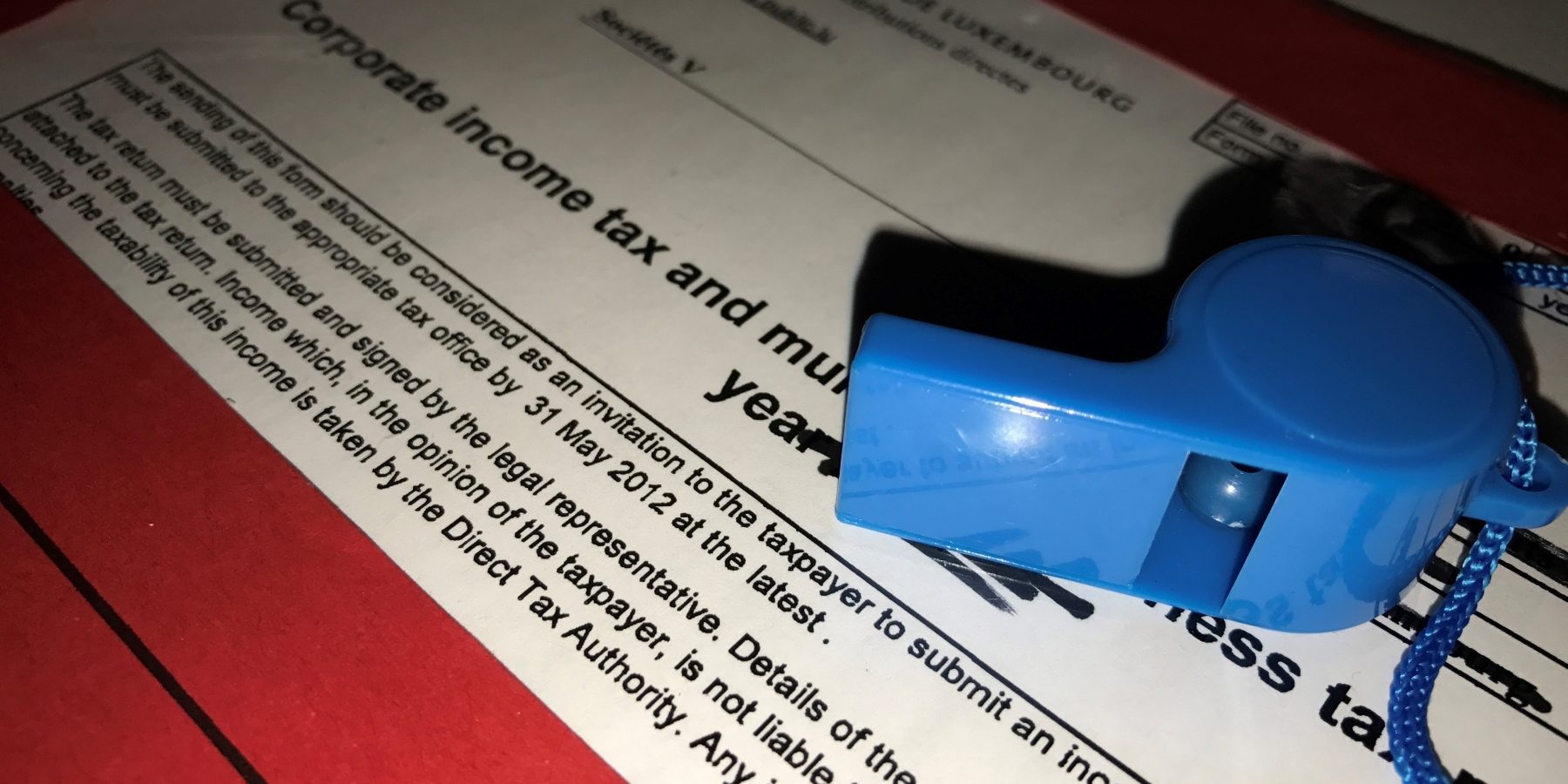The Eurocadres blog
Sapin 2 – a better protection for whistleblowers in France
In recent months, significant progress has been made in France on the subject of whistleblower protection and corporate due diligence. In November, two important laws have been adopted, one on transparency and fight against corruption and the other one on due diligence of enterprises, obliging them to implement due diligence procedures and to promote decent work in all their operations in their supply chain.

In the first text on transparency and fight against corruption, called Sapin II after the Finance minister, an obligation to protect whistleblowers against retaliation such as mobbing, redundancy and other sanctions has been enacted. In the second one, the procedures put into place to oblige enterprises to promote decent work and fight against corruption have to be established in concertation with trade unions.
In France, legislation on whistleblower protection exists since 2007, but, due to a cultural context which considered whistleblowing as denunciation and not as a civil rights concern, the first bills took a long time to be implemented. In addition, a strong labour law which gives protection to the workers and a public acceptance of fraud make the terrain difficult. The first systems which introduced a systematic whistleblowing device in big corporates with the exterritorial implementation of the US law Sarbanes Oxley (2002) were considered as exogenous and contrary to the right for privacy and the protection of personal data. However, public opinion changed with the increase of public scandals. With the application of Dodd Frank in finance, again because of the extraterritoriality of US laws, and the increase of public scandals, acceptance became easier. In 2013, after the public health scandal around the drug Mediator and the case of corruption concerning the budget minister Cahuzac, several whistleblower protection provisions in specific areas such as environmental safety and public health, conflicts of interest of government members and offences and crimes have been introduced into French legislation.
Active trade unions and NGO:s
Thanks to a growing work coordination of NGOs, trade unions and academics, a first stand-alone proposal to protect whistleblowers on a broader basis was proposed by the member of Parliament Yann Galut in 2015.Eventually, this proposal was integrated in the law on transparency and fight against corruption this November, after lengthy discussions between the two chambers (National assembly and Senate) and a final arbitration by the Council of State. Today, the introduction of broad whistleblower protection provisions in the law Sapin II is a major step forward.
The law provides for a broad definition of whistleblowers, going beyond a sole employment relationship, such as advocated by the Council of Europe recommendation of 2014[1]. The area of application is equally large, although defence and medical secrets and relations between a lawyer and his client have been excluded in the last resort. The whistleblower is protected against retaliations of his employer, including harassment, dismissal and other sanctions. The whistleblower's identity is preserved and it is not criminally responsible if it respects the procedures and the alert is considered proportionate.
Appropriate procedures
The law introduces a graduated approach of the alert: firstly, direct hierarchy, and in firms with more than 50 employees, appropriate procedures have to be put into place. In the case of no in an appropriate timeframe, the whistleblower may inform external channels, such as regulators, professional orders, relevant jurisdictions, etc. In the last resort and after a delay of 3 month, public opinion and the press may be alerted.
As trade unions, although we obviously consider the measures taken to protect whistleblowers as a big advance, we regret the absence of an obligatory consultation process with employee representatives on the alert process, as well as the implication of trade unions in this process. As internal parties, trade unions should be implicated both in the process and be considered as a channel, at the same level as a professional order (who is external to the enterprise).
[1] Council of Europe CM/Rec(2014)7

The author
Ute Meyenberg
Vice-President of Eurocadres
